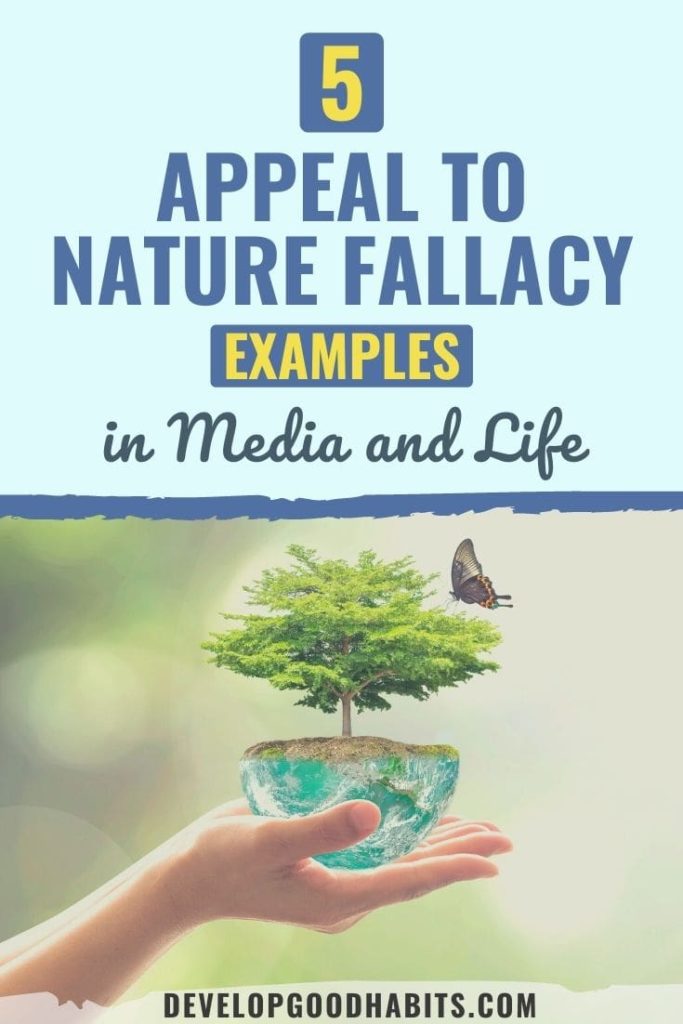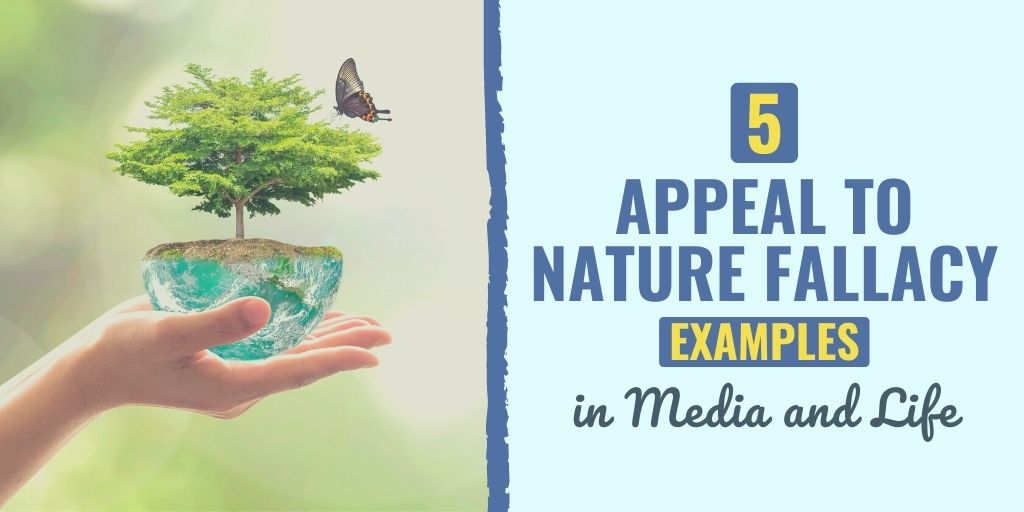I used to work for a naturopathic doctor who treated patients who were usually looking for a “last resort” solution to their health problems. We had plenty of interesting conversations in the office about the dangers of common foods, and lots of judgement was passed if you didn’t own the latest and greatest water purification system or weren’t buying the top-rated, cleanest protein powders on the market.
One conversation I won’t soon forget was with a doctor who would partner with the office at times. She was telling me the dangers of eating peanut butter and how this food in particular is commonly found to have rodent bits in the final product.
I thought that was ridiculous at the time, and responded with, “I get the all natural kind!”
She looked at me in silence as if to say, “Think about what you just said!”
And, fortunately, it wasn’t lost on me that rodent hair is, in fact, “all natural”.
But when I saw those words on the packaging of the peanut butter, what was processed in my mind was: pure, clean, and reputable.
As a consumer, I fell victim to the appeal to nature fallacy.
Like other logical fallacies, people try to pass off the appeal to nature as proof to support their claim, but this logical fallacy lacks the evidence that it needs to support a fact. So in this article, we will take a detailed look at the definition of the appeal to nature fallacy, and then look at five examples of this faulty reasoning that you may come across in media and life.
Let’s get started.
What Is the Appeal to Nature Fallacy?
The appeal to nature fallacy is one that is easy to fall victim to because it’s rather subjective. This logical fallacy happens when something is assumed to be good because it’s considered natural, or bad because it’s considered to be unnatural. This is a faulty method of reasoning because the characteristics of being natural and being good occur independently from one another, and suggesting that natural equates to good is an opinion rather than a fact.
This logical fallacy can often be found in contexts where nature and science coexist, such as medicine (especially alternative medicine), food, and natural processes. But aside from the fact that things that are natural aren’t automatically good, neither of these characteristics is completely objective–meaning there is no agreement on what either natural or good mean and it can vary from one person to another.
It’s important to understand the appeal to nature fallacy because it can affect your reasoning process in debates on a variety of topics, so let’s take a look at some examples to clarify what this logical fallacy looks like in everyday life. Then we will offer some suggestions on what you can do when you’re presented with this argument to counter those who use it and ensure you don’t accidentally fall back on it yourself.
Let’s get started.
5 Appeal to Nature Fallacy Examples in Media and Life
1. “Herbal remedies are healthy because they’re natural. You should treat your health condition with essential oils and supplements.”
There is a lot of controversy surrounding the use of natural remedies, which makes it a popular topic of conversation among health professionals. Researchers report that the problem with alternative, herbal medicines is that they are not regulated and the laws surrounding these products are murky, at best. This means the quality of natural remedies can vary greatly due to the lack of directives for the production of these products.
Alternative medicines are commonly considered to be food products or dietary supplements by the FDA, and come with the following verbiage printed on the labels: “This statement has not been evaluated by the FDA [, and] this product is not intended to diagnose, treat, cure or prevent any disease.”
In addition to the warning on the label that these alternative treatments aren’t meant to treat health conditions, studies have found that herbal remedies can cause both direct and indirect health risks when they’re used in place of (or in addition to) conventional, well-researched treatments.
Furthermore, while information on acute toxicity may be available to help direct consumers, there is no reliable tool for detecting the more inconspicuous, gradual onset of the negative impacts that these supplements may have on one’s health.
Finally, the risk that comes along with taking natural remedies to treat health conditions varies from person to person due to differences in age, genetics, and co-existing health conditions.
Because there are so many health risks that accompany taking “natural” medicines, the suggestion that these products are automatically good because they’re natural derives from a faulty method of reasoning.
2. Marketing
“Natural” is a buzzword commonly used by companies to sell products. When this word is featured on a product’s label, companies are able to promote a clean image that suggests they prioritize your health and environmentally-friendly practices.
However, “natural” means very little and it certainly doesn’t guarantee that something is healthy or good for you.
In fact, the term “greenwashing” has been coined in marketing and refers to a tactic used for PR purposes to promote an eco-friendly, all-natural approach to doing business. The trouble with greenwashing is that when companies do this, they’re spending more time and money on promoting an environmentally friendly image than they are on reducing their carbon footprint. This advertising gimmick is used to mislead health-conscious consumers who believe that it’s beneficial to buy goods and services that claim to be natural.

And, while products labeled with words like “natural” or “organic” may be misleading when it comes to the quality of the product, it can also be a futile claim. For example, yogurt is often noted as being “natural” on the label, which suggests that other yogurts are “unnatural”. When you think of natural yogurt, you probably think of those that don’t contain additives like gums, starches, acids, or stabilizers–however, while these ingredients may sound synthetic, they are technically natural.
It’s true that some yogurts are undoubtedly healthier than others, but all yogurt is natural. It’s made by mixing bacteria with milk, which results in a fermentation process that creates the end product–so claiming that a yogurt is “natural” shouldn’t make it unique, and definitely shouldn’t be a distinctive selling point for one brand over another.
3. “Marijuana is all natural – so it’s good for you.”
Many people believe that using naturally grown marijuana for various health ailments is a healthier and more effective alternative to using pharmaceuticals created in a lab. But the use of marijuana is controversial for a reason, and while the long-term effects of habitual use aren’t completely understood, we do know that–among other negative impacts–the consumption of this plant has been linked to mental health disorders such as paranoia, suicidal ideations, depression, and schizophrenia.
I think we can all agree that there are a lot of things (in addition to marijuana) that are “natural” and yet potentially harmful, such as viruses, lava, great white sharks, earthquakes, and despite what Gwenyth Paltrow says, the sun. Similarly, there are unnatural or synthetic things such as aspirin, vitamin D supplements, and heart surgery that are extremely beneficial.
And, yes, there are some natural things that are better for you than their unnatural counterparts, but these things need to be analyzed on other factors aside from how natural they are to determine this.
When it comes to marijuana consumption, there are a lot of factors that go into weighing if this is the right treatment for someone’s condition far beyond simply the fact that it originates in soil.
4. The Paleo Diet
The appeal to nature fallacy commonly appears in conversations surrounding food and diet, and really is the basis of the Paleo diet. This diet fad has become very popular over the past few years, and aims to encourage people to eat only what our early ancestors ate during the Paleolithic era, dating back to approximately 2.5 million to 10,000 years ago.
The reasoning that is argued behind the Paleo diet is that our bodies haven’t had the necessary time that it takes to build a tolerance for newer foods that were introduced with farming. Supporters of the Paleo diet further claim that the genetic mismatch between our bodies and the modern diet has led to the obesity epidemic and other health crises, and therefore, we would be healthier if we stripped our diets down and ate only the foods that our oldest ancestors had access to, making our diets as fundamentally natural as possible.
There are a few problems with the reasoning behind this diet. First, 10,000 (and definitely 2.5 million) years is plenty of time for the human body to learn how to digest new foods. Secondly, depending upon the environment of your ancestors, their diets could have had a lot of variation. While an ancient Canadian would have almost exclusively eaten fish, someone from ancient sub-Saharan Africa would have eaten more fruits, eggs, insects, and meat. Humans have been able to survive in a wide variety of environments partly due to our dietary flexibility, so it would be difficult to strictly limit the list of foods that represent what all humans are naturally created to eat.
Now, the Paleo diet does encourage eating fresh, whole foods, tracking calories and macronutrients, and being cognizant of what you consume–all of which can certainly help improve your health. However, the issue with the Paleo diet arises because these are not the reasons why people choose to go on this diet. Instead, people defend their decision with the logically fallacious reasoning of trying to improve their health by only eating the most natural foods available.
5. Pesticides
The production and regulation of organic food being produced without the use of pesticides contradicts a basic understanding in chemistry which states, “the properties of any compound depend on its composition, not on its origin.” The underlying logic governing pesticide regulation is that they’re only considered to be non-toxic if they have a natural origin. But, consider the use of copper as an organic pesticide. Although it can be considered natural, when used as a pesticide, copper accumulates and can contaminate soil and kill the beneficial organisms that keep plants growing.
While pesticides may be known for being bad for the environment and our health, they actually play a critical role in controlling widespread disease–especially in places where space limitations create a barrier for the growth of produce.
So while many believe that organic, “natural” food is better for one’s health and the environment due to a lack of synthetic pesticides, there are two big points that people are missing. First, even organic farmers use pesticides–and these natural alternatives can actually be more harmful than synthetic pesticides. But without regulations and proper testing prior to being used to treat the food we eat, there is no objective comparison between different types of pesticides.
People also fail to realize that agriculture in itself is the biggest threat to the environment due to the amount of land it requires. Organic crops often lose their product to pests, so farmers turn to destroying more natural habitats to acquire more land to use for planting. So in this case, the appeal to nature that organic food is “better”…is quite literally taking nature away.
How to Respond to an Appeal to Nature Fallacy
To counter this type of faulty reasoning, you will want to focus on two things:
Any appeal to nature will hint at one or both of these points. When it comes to defining “natural”, people are often wrong about believing that something is natural, even by their own definition. Organic food is a great example of this, as many consumers don’t realize that the term “organic” is a legal term that has nothing to do with biology or agronomy.
Furthermore, people often associate words like “chemicals” with things that are artificial (and therefore bad). However, there are plenty of naturally-occurring chemicals that can be harmful– such as ammonia, which is produced through natural processes in soil.
So, to counter an appeal to nature argument, ask the offender to give their definition of natural. Then, offer examples of things that would be considered to be natural in terms of their own definition, but which also contradict their point.
You can also counter an appeal to nature by presenting evidence that shows just because something is ‘natural’ doesn’t mean it’s good, and just because something is ‘unnatural’ doesn’t mean it’s bad.
For example, you could offer the fact that arsenic, which can be found in soils, sediments, groundwater, and fish is natural, but not beneficial for your health. Or, you could offer anecdotal evidence to argue that ‘unnatural’ doesn’t equate to ‘bad’ by saying something like, “Mr. Smith next door has a manmade pacemaker. Do you think he should get rid of it?”
To really help someone understand their error in logic, you don’t want to be confrontational when offering a counterargument. Rather, help them see their faulty reasoning themselves by offering your points slowly so they can internalize what’s wrong with their original claim.
Try to help the person you’re speaking to reach their own, more reasonable, conclusion by providing your relevant facts rather than simply stating they’re wrong.
Finally, in order to avoid unintentionally using the appeal to nature yourself, do some reflection and ask yourself if you think something is good or bad because it’s ‘natural’ or ‘unnatural’. If you do, use your own counterarguments to question your reasoning. This will help you look at things with a more rational perspective, which will then help you make more informed decisions.
Final Thoughts on the Appeal to Nature
While the appeal to nature may sound convincing at face value, after doing some critical thinking and considering all sides of the argument, you won’t easily be swayed.
But now you know how to be on the lookout for appeals to nature in your everyday life, and you’re well equipped to point them out and explain to people why they’re the result of faulty reasoning.
Learn More About Logical Fallacies
- Mere Exposure Effect: Definition & 5 Examples
- 6 Outcome Bias Examples That Can Negatively Impact Your Decisions
- 7 Self-Serving Bias Examples You See Throughout Life
- 7 Omission Bias Examples That Negatively Impact Your Life
- 6 Authority Bias Examples That Might Impact Your Decisions
- 5 Burden of Proof Fallacy Examples
- 5 Appeal to Tradition Fallacy Examples in Life
- 5 Appeal to Authority Logical Fallacy Examples
- 7 False Cause Fallacy Examples
- 7 Appeal to Ignorance Fallacy Examples
- 7 Appeal to Common Sense Logical Fallacy Examples
- 5 Post Hoc Fallacy Examples (and How to Respond to This Argument)
- Gambler’s Fallacy: 5 Examples and How to Avoid It
- 5 Appeal to Anger Fallacy Examples Throughout Life
- 7 Halo Effect Bias Examples in Your Daily Life
- 7 Poisoning the Well Examples Throughout Your Life
- 7 Survivorship Bias Examples You See in the Real World
- 7 Dunning Kruger Effect Examples in Your Life
- 7 Either Or (“False Dilemma”) Fallacy Examples in Real Life
- 5 Cui Bono Fallacy Examples to Find Out “Who Will Benefit”
- 6 Anchoring Bias Examples That Impact Your Decisions
- 7 Virtue Signaling Examples in Everyday Life
- 7 Cherry Picking Fallacy Examples for When People Ignore Evidence
- 9 Circular Reasoning Examples (or “Begging the Question”) in Everyday Life
- 9 Appeal to Emotion Logical Fallacy Examples
- 9 Appeal to Pity Fallacy (“Ad Misericordiam”) Examples in Everyday Life
- 9 Loaded Question Fallacy Examples in Life and Media
- 9 Confirmation Bias Fallacy Examples In Everyday Life
- 9 Bandwagon Fallacy Examples to Prevent Poor Decisions
- 5 Red Herring Fallacy Examples to Fight Irrelevant Information
- 9 Middle Ground Fallacy Examples to Spot During an Argument
- 5 False Equivalence Examples to Know Before Your Next Argument
- 7 Hasty Generalization Fallacy Examples & How to Respond to Them
- 6 Straw Man Fallacy Examples & How You Can Respond
- 6 False Dichotomy Examples & How to Counter Them
- 7 Slippery Slope Fallacy Examples (And How to Counter Them)
- What is the Planning Fallacy?
- How to Overcome the “Sunk Cost Fallacy” Mindset
Finally, if you want a simple process to counter the logical fallacies and cognitive biases you encounter in life, then follow this 7-step process to develop the critical thinking skills habit.

Connie Mathers is a professional editor and freelance writer. She holds a Bachelor's Degree in Marketing and a Master’s Degree in Social Work. When she is not writing, Connie is either spending time with her daughter and two dogs, running, or working at her full-time job as a social worker in Richmond, VA.


